Introduction
When thinking about buying or investing in a business venture it's important to watch out for warning signs that could impact its success. Errors in information and a lack of openness might hide problems so it's important to carefully review the financial records. Likewise knowing the reasons behind why a business is up, for sale can uncover unseen dangers.
Unreasonable appraisals and frequent shifts in ownership indicate issues that require careful consideration. Furthermore undisclosed cash transactions, tax concerns and pending legal issues pose risks to a smooth acquisition. Overreliance, on a handful of clients managing stock and neglecting to uphold adequate record keeping and certifications only add to the complexity of the situation.
In order to secure funding for the acquisition successfully and reassure lenders, about the businesss sustainability a detailed financial record is essential. By watching out for these challenges investors can wisely choose and complete successful business acquisitions.
Financial Inaccuracies and Lack of Transparency
When evaluating a company purchase or investment chance, it is essential to review the monetary reports given. Wrong or lacking monetary documentation could conceal issues that impact the true value of the business. Transparency is key; any reluctance to disclose records should raise concerns. According to Paisley Demby having a grasp of the primary monetary statements. Including the Income Statement, Balance Sheet and Statement of Cash Flows. Is crucial, for making well informed choices. Inconsistencies in how accounting is conducted can create problems in comparing statements when it comes to variable considerations in football player transfers – making it difficult for investors to assess accurately the situation at hand. Be sure to have thorough financial data in place to steer clear of any unexpected problems, down the road.
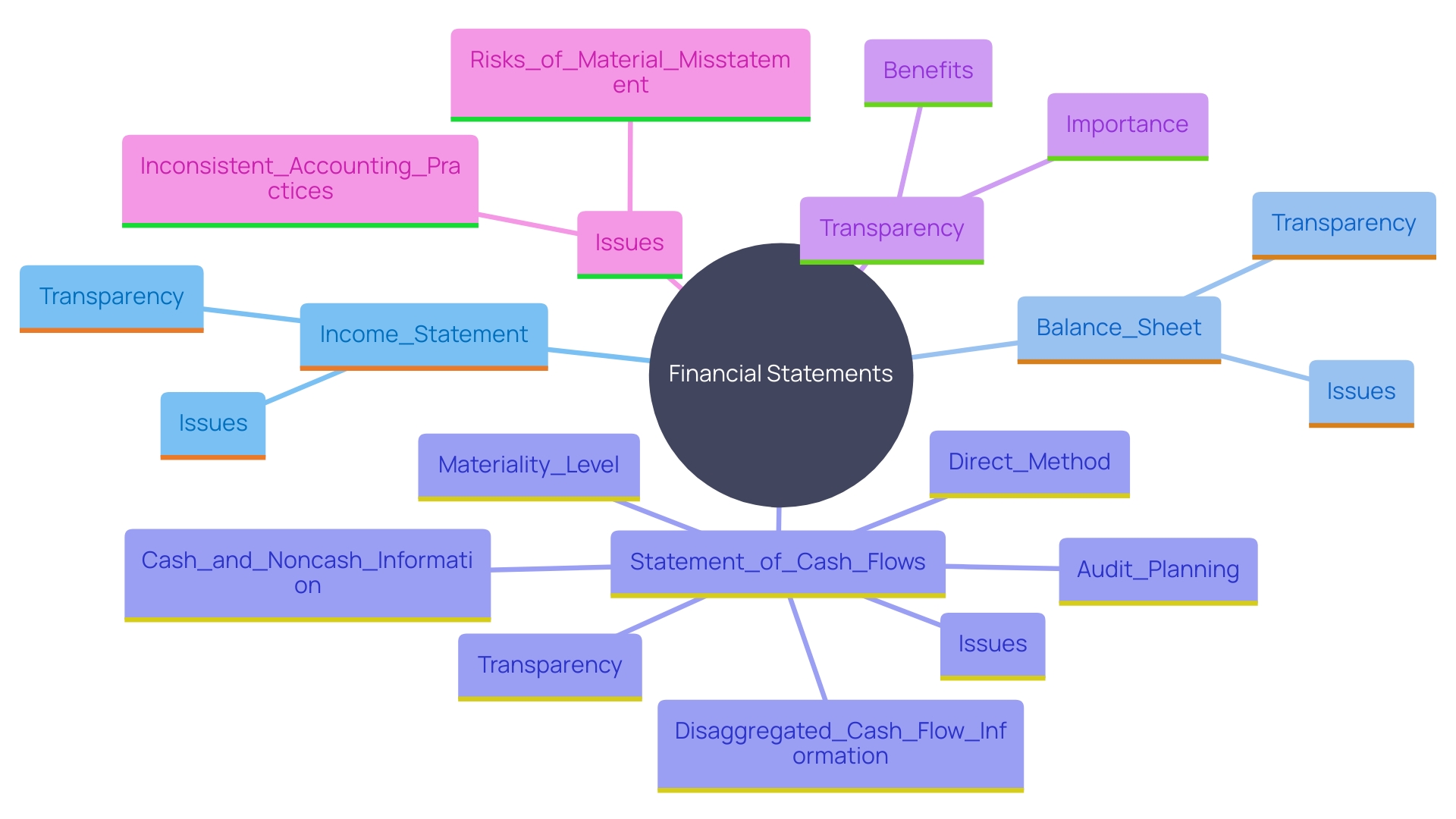
Suspicious Reasons for Selling
It's important to grasp why the seller wants to sell when assessing a business for purchase. When the reasons are clear and logical it's often an indicator but if they appear uncertain or excessively optimistic it may be a warning sign. For example rivals might express interest to gather intel without any real intent to make a purchase so having a mutual non disclosure agreement is crucial in such cases. Doug Bend from Bend Law Group suggests trusting your instincts before disclosing much sensitive information about your business. Furthermore, vendors should provide information on their pricing objectives and the core of their models. Nanxi Liu from Blaze. Tech emphasizes the importance of understanding if your operation is designed for growth in sales, or as a lifestyle venture since this could significantly influence the transaction process. It is crucial to conduct research to avoid unexpected situations and ensure a smooth transition for all parties involved in the process.
Unrealistic Expectations and Valuations
Businesses that are overvalued by sellers can indicate a lack of understanding of market dynamics or an effort to hide potential issues within the organization. It's important to carry out research and analysis to ensure that the suggested valuation is in line with industry norms. Assessing the worth of an enterprise is a task that considers various factors such as the company's growth stage and available information. For example when an organization is, in its phases and still being researched valuation methods may heavily rely on market studies and competitor analysis. When comparing them to an established startups strategies based on revenue and customer growth data tend to differ for a more advanced startup according to advice from negotiation expert Chris Voss; "Keep your composure when emotions run high and avoid becoming a pawn in someone elses game." This advice proves valuable when negotiating with sellers who might be inflating their asset value unnecessarily; ensuring a realistic valuation safeguards against financial risks and keeps your acquisition plans in line with market conditions.
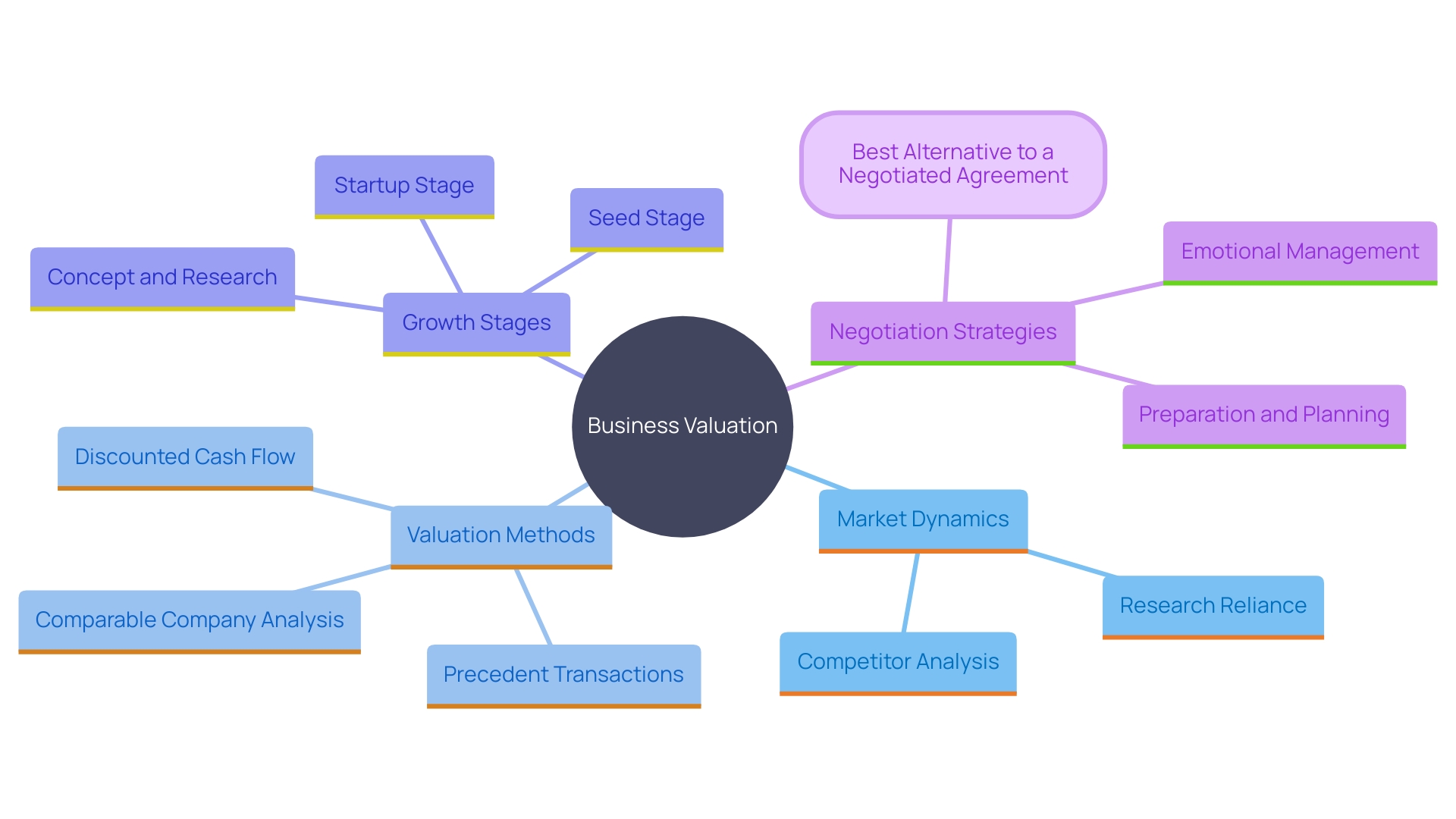
High Turnover of Ownership
Regular changes in ownership within a company can indicate profound and lingering concerns that have not been fully resolved yet. This trend typically suggests issues related to management or finances that were possibly overlooked by previous owners. For instance; family operated enterprises that focus on the term and continuously reinvest in their operations tend to outperform others. The leaders of enterprises prioritize longevity over immediate profits, even if it means giving up short-term benefits. A notable case is a retailer that strictly followed a 'buy and hold forever' approach to ensure consistent and sustainable expansion.
On the side of things is when ownership isn't steady which can bring about instability in a situation like WeWorks case where there were constant shifts in leadership and struggles over ownership resulting in them going bankrupt. Showing how risky it is to have unstable management. Look into why ownership changed hands and consider how this could affect your investment moving forward. Doug Bend from Bend Law Group suggests following your gut feeling and having agreements, in place to safeguard your interests.
Unreported Cash and Tax Issues
Unreported cash dealings or pending tax issues can affect your business investments with possible legal and monetary consequences to take into account seriously. Take the case of Dhruvin Patel—an optometrist who transitioned into entrepreneurship—who now faces the task of repaying £49k due to reevaluated tax relief claims as an example of the risks associated with non compliance. Likewise in the RBC scenario where no fraudulent activities were detected but corrective measures were still implemented to rectify identified shortcomings. Ensuring financial transparency is key, to mitigating these risks effectively. Maintaining stability and avoiding possible risks require implementing reliable compliance practices and regularly evaluating cash flow patterns.
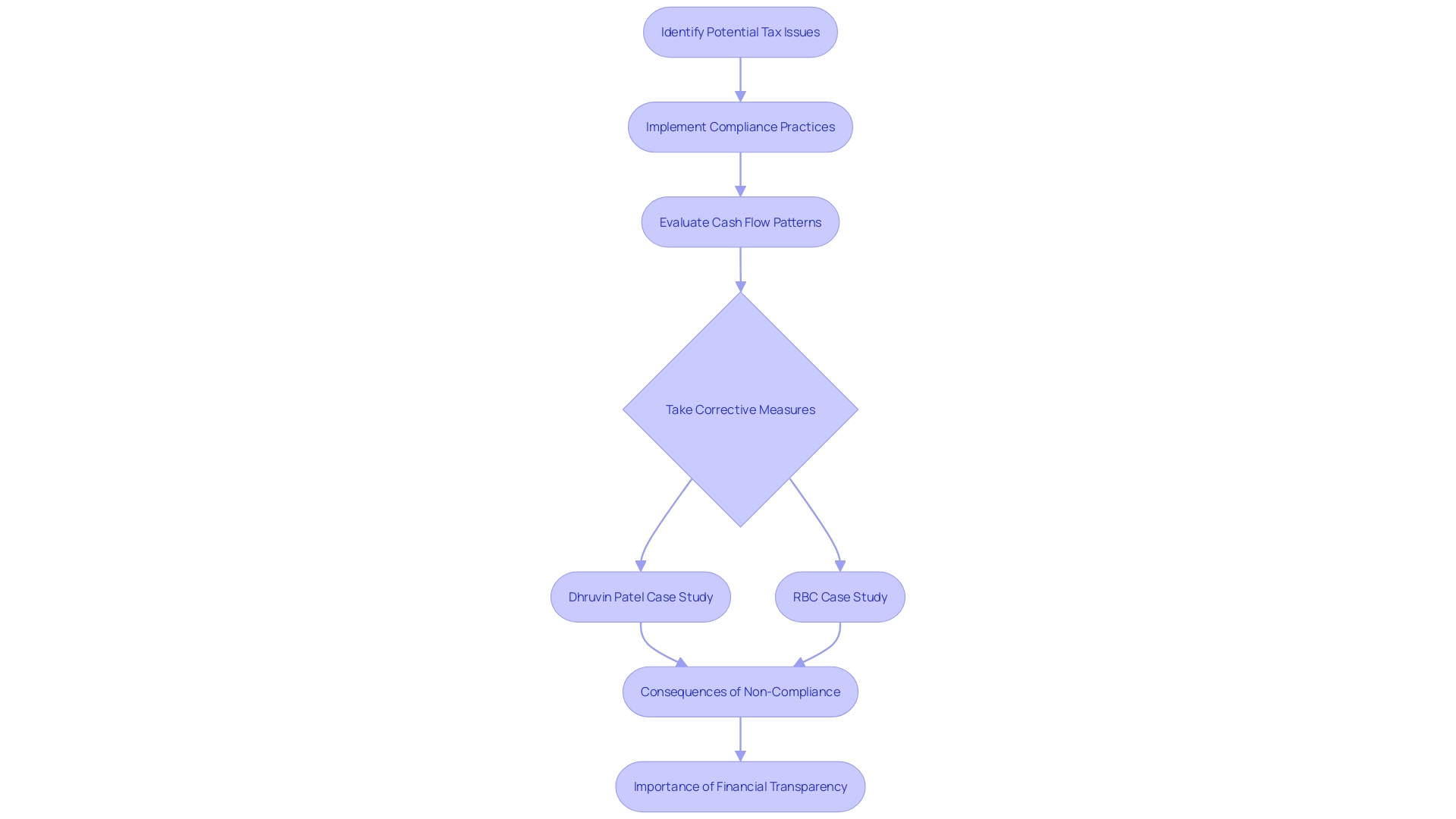
Lingering Legal Issues
Ensuring you tackle any lingering legal matters is vital to protecting your investment. Starting off with a legal examination is key as it uncovers possible risks that could surface after the sale. This evaluation should include all participants such as holders of non-voting shares and management entities alongside investors who have the right to appoint board members. Having transparency regarding figures, like current and past executives and board members is crucial. This helps to make sure that any possible legal issues are identified at a stage.
For examples if the target company is in a joint venture with a foreign. It is crucial to create a transparent plan for this situation. Christian Atzler from Baker McKenzie M&A department underlines the significance of involving these stakeholders right, from the start to prevent issues down the line. Neglecting the rights and significance of venture partners or employees who have purchase rights or founders could significantly impede the deal.
Furthermore the rising attention from regulators and antitrust authorities introduces complications and can notably prolong the duration of the deal process. Research conducted by Gartner demonstrated that the time required to complete a merger or acquisition had risen by 31% since 2010 with transactions experiencing even lengthier delays. Consequently, carrying out a legal assessment not only helps to identify possible risks but also contributes to setting realistic expectations regarding the deal timeline, ensuring that the team is well prepared and knowledgeable about any regulatory challenges that may emerge in the future.

Over-reliance on One or Two Clients
Relying heavily on only a handful of clients for revenue presents a significant danger for any business. If a key client is lost profits can take a nosedive like what happened to Ty, a popular maker of plush toys when they had to stop using their old communication system. It's crucial for organizations to have a range of customers to stay strong and keep growing. Having a variety of clients in your portfolio helps protect against sudden drops, in revenue and keeps growth steady even if one or two clients move on. This strategy offers not just stability but also creates chances for additional income sources and business growth opportunities to emerge. Expert Shannon Byers, from Maine SBDC suggests that adopting an expansion strategy enables companies to assess different markets and make essential changes before expanding further. This ensures the development of a flexible and robust business model.
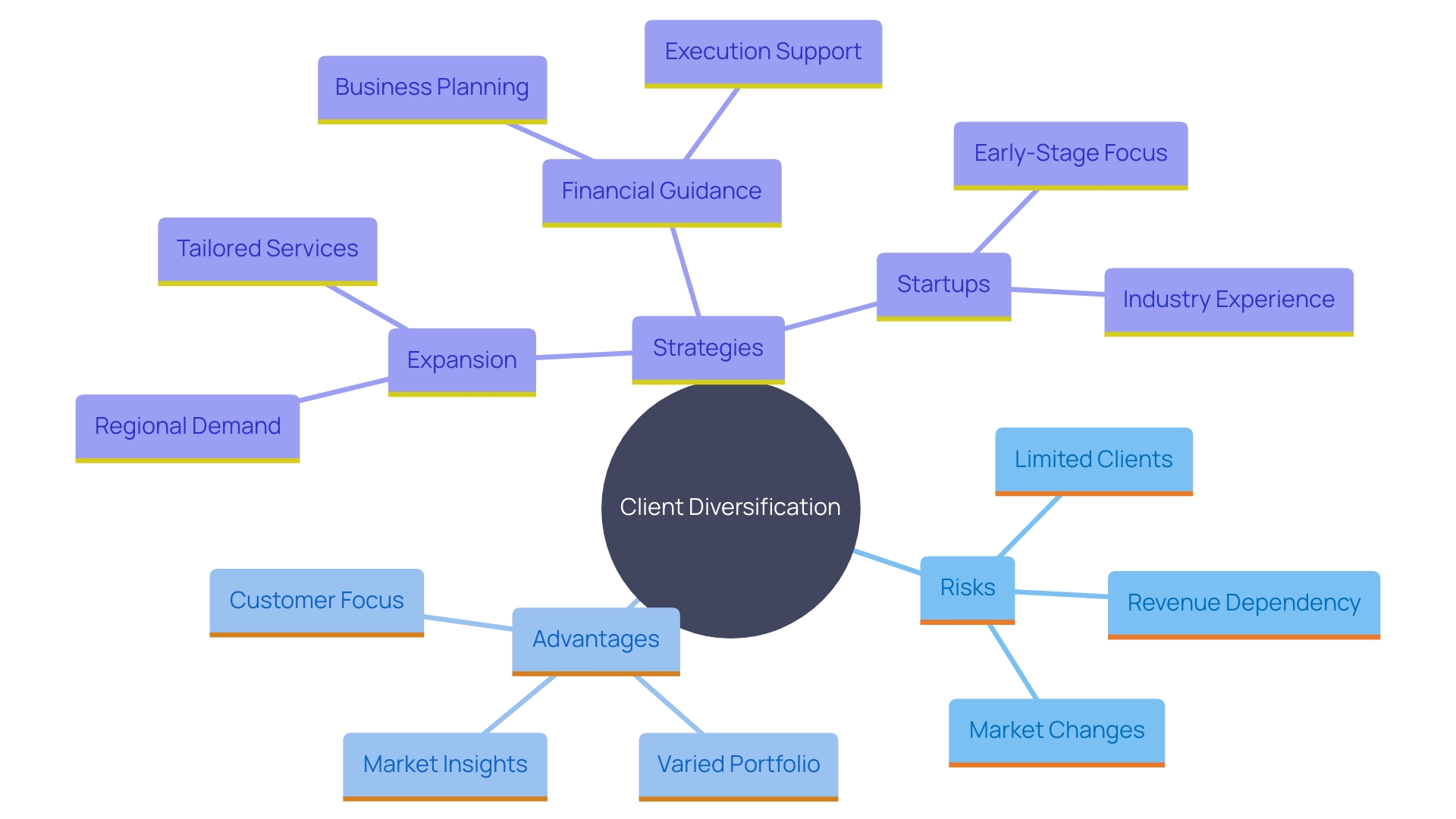
Unsellable Inventory and Hidden Liabilities
Carefully assess the stock to identify any items that may be difficult to sell or liabilities that are not immediately apparent to avoid unnecessary financial constraints and maximize your investment returns. For instance, an approach might involve selling off outdated or excess inventory to free up funds for purchasing new products. Whether you choose to work with a liquidation service or handle the process internally managing obsolete inventory effectively is key, to streamlining operations and maintaining a healthy cash flow position. Understanding the dangers linked to inventory devaluation is essential as keeping items may hinder you from replenishing your shelves with fresh products and could lead to losing customers in the long run. You should have an understanding of what you are procuring to sustain an ever changing and attractive inventory selection.
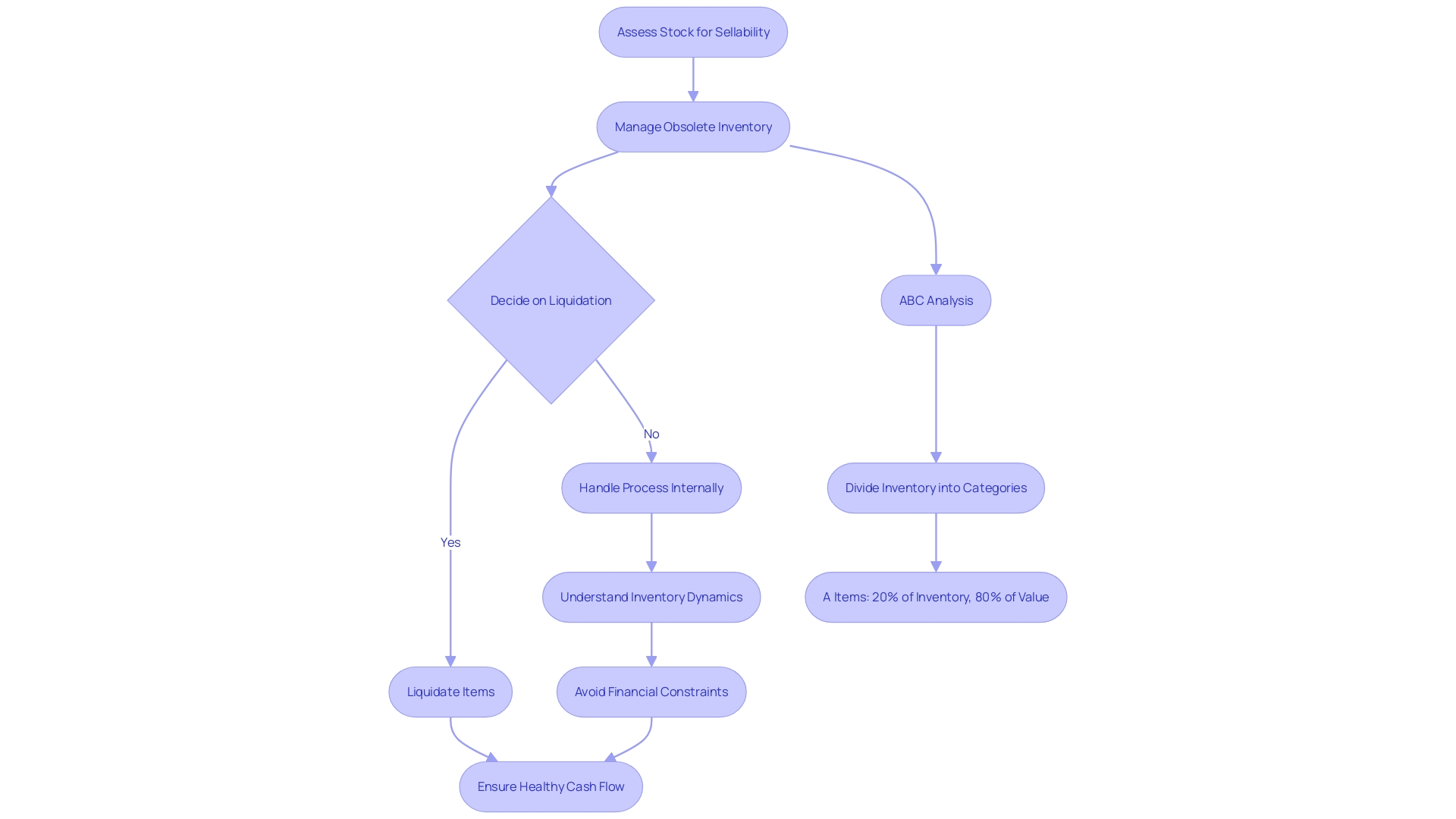
Lack of Documentation and Certification
'Operational consistency relies significantly on recordkeeping that includes licenses and certifications in place. As companies navigate through a complex regulatory landscape, failing to maintain documentation current can result in operational difficulties or even required shutdowns. A recent study by NEXT Insurance revealed that 90 percent of proprietors lack full confidence in their insurance coverage, highlighting the importance of thorough documentation."The majority of enterprises are required to secure licenses or permits hence it's crucial for each organization to be aware of their requirements" recommended Dr. Mealy. 'It can be tricky for companies to stay up to date with many different platforms where they need to keep their information accurate and current regularly. The owner of Pums Kitchen mentioned how tough it was to handle listings and the risks that come with outdated information. To avoid any issues and keep things running smoothly, owners need to stay on top of renewal dates and make sure they meet all the regulations. Being proactive in this way doesn't just prevent disruptions.'. It also aids in establishing a thriving enterprise, in the long term.

Trouble Financing the Purchase
Obtaining financial support for purchasing an enterprise can present challenges. 'Might suggest underlying issues within the company itself. A thorough assessment of the health of the organization is essential since potential lenders will scrutinize this aspect closely. According to the 2022 Small Business Credit Survey conducted by the Federal Reserve Banks, it was found that 53 percent of employer firms depend on funds to tackle monetary challenges and 66 percent have utilized personal or family resources in the past five years.'. Investors typically examine economic documents before moving forward with an investment to verify the business's potential for success. It is important to keep records clear and organized as it greatly influences the process of obtaining funding. 'According to Mike Kapoor from Commerzbank insights on creating a level playing field for banks stress the significance of having strong monetary systems.'. Understanding the value of maintained financial systems and accurate bookkeeping cannot be emphasized enough for newcomers, in the buying and selling market.
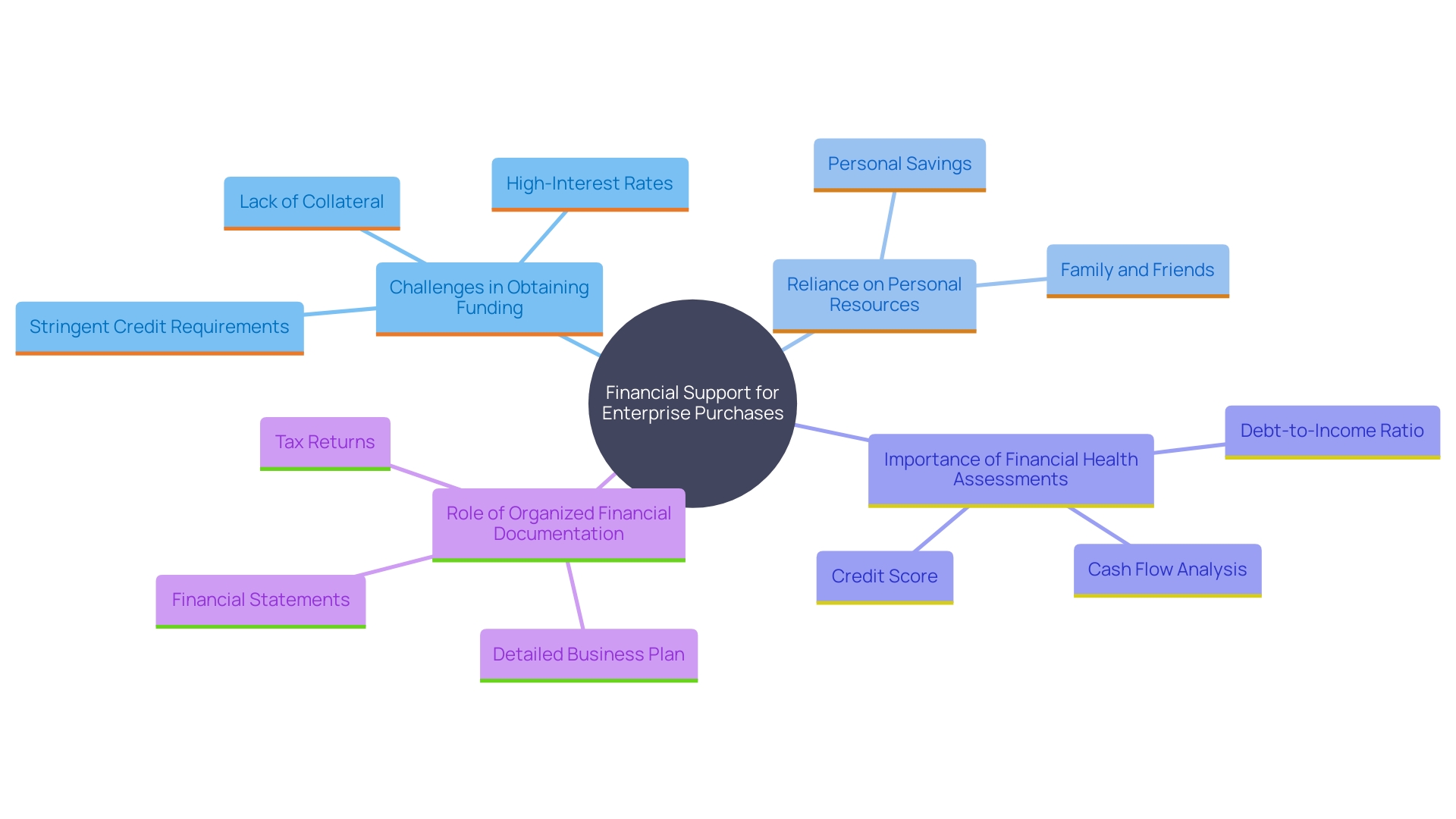
Conclusion
Successfully navigating the intricacies of business acquisitions demands attention and a deep comprehension of possible challenges that may arise along the way. Critical aspects to watch out for encompass inaccuracies in financial data presentation, lack of openness in dealings and optimistic assessments of worth each having the potential to obscure the genuine value of a business. Being able to identify motives behind a sale and scrutinizing changes, in ownership can offer valuable perspectives into the fundamental well being of the company.
Understanding cash transactions and legal concerns while relying too heavily on a small group of clients is key, in making well informed choices during business decisions. Thorough investigations are vital to uncover hidden debts and maintain records. Dealing with these obstacles helps investors reduce risks and increase the chances of a purchase.
In essence proactively addressing these concerns not only protects investments but also lays a foundation, for long term growth and achievement. By analyzing and strategically planning entering into business acquisitions can present beneficial prospects opening doors to a thriving tomorrow.




